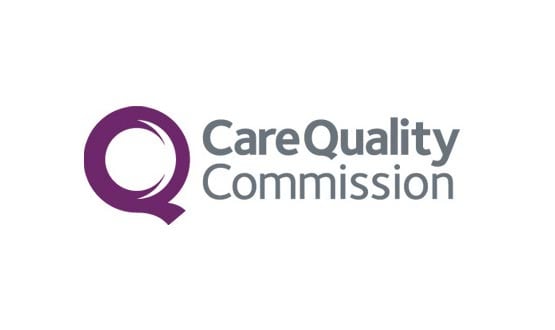Data to underpin inspections – CQC
- 29 October 2015

The Care Quality Commission has issued a consultation suggesting it could revert to trying to spot problems using data and user feedback, instead of running full inspections of all the services it regulates.
The inspectorate has been asked to model cuts to its central government funding of up to 40%, according to reports in the Health Service Journal.
This follows reports that Treasury officials are looking to redefine the ‘ring fence’ on NHS funding to include only NHS England’s commissioning budgets.
This would put regulation – and other areas of ‘health’ spending, such as public health – into the arena of ‘unprotected’ Whitehall spending.
Unprotected departments and services have all been asked t to model cuts of 25-40% ahead of the spending review that is due to be announced on 25 November.
CQC chief executive David Behan has warned his board that this could have “implications” for its inspection programme.
Despite this, the consultation on the CQC’s strategy for 2016-21 seeks to project change as a response to “the way that health and social care is changing” and the success of its inspection regime.
This was dramatically stepped up in response to the Francis inquiry into the scandal at Mid Staffordshire NHS Foundation Trust, which introduced ‘Ofsted-style’ ratings for NHS providers.
A number of high-profile NHS organisations have been rated ‘inadequate’ under the new regime; with problems with record keeping and new IT systems being increasingly cited as reasons for concern.
The consultation say the CQC will “complete comprehensive inspections of all services that we rate by the end of 2016.”
However, it suggests that after this it could revert to a “more proportionate” model of registration, backed up by fewer and more targeted inspections.
The consultation says the CQC wants to “develop and extend” its existing Intelligent Monitoring tool into a “comprehensive surveillance model – CQC Insight.”
This will combine hard data with feedback from people who use regulated services, although the consultation acknowledges that “the existing data is not yet robust enough across all sectors to be a reliable measure of quality without inspections alongside it.”
“Therefore,” it adds, “we will work with others to improve out data, and to develop a shared view of the most important quality and risk indicators in health and social are.”
The CQC suggests that it could also move towards a model of “co-regulation”, in which it would help providers to assess their own quality of service and benchmark themselves against others.
It argues that this would “encourage providers to develop their own systems and processes for understanding quality” and help to “develop a culture of continuous improvement.”
Despite the constraints on it, the CQC also sets out new ambitions to assess how providers are using their staff, equipment and facilities resources and how they are working with others to develop care for specific populations, such as the elderly.
The consultation will be open for responses until January 2016. The final document will be published in April 2016, and will form the basis for its annual business plans over the subsequent five years.




